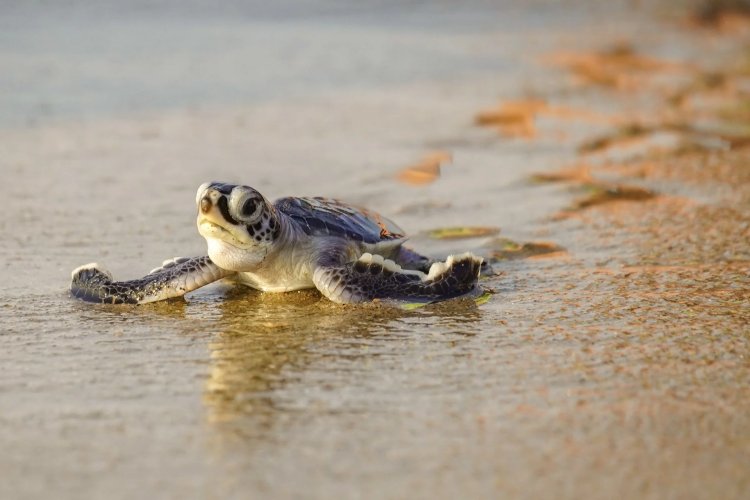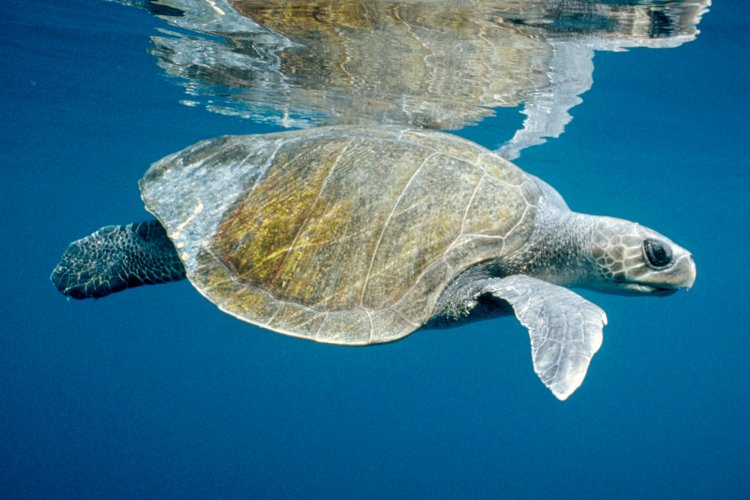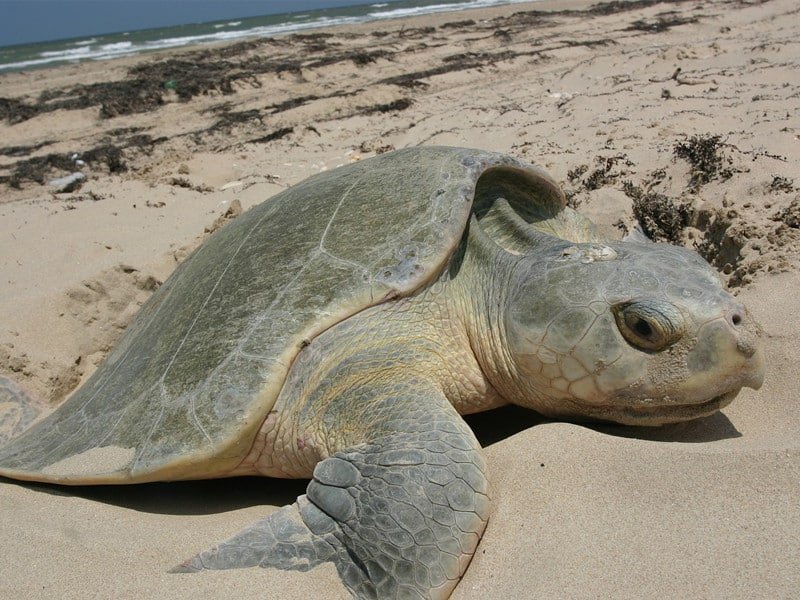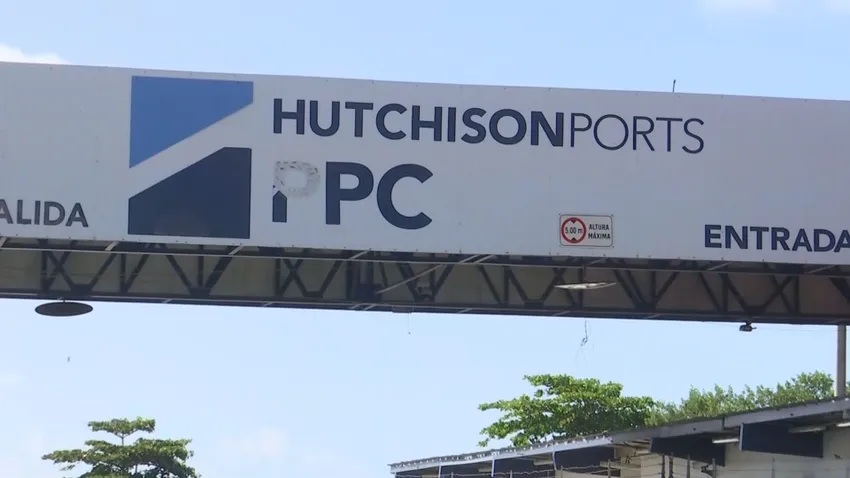Olive Ridley Turtles Released on Pacific Coast of Panama

A total of 280 baby olive ridley turtles were released on Friday on the wide beach of Punta Chame on the Pacific coast of Panama, where this species nests. The Tortuguías Foundation is dedicated to the conservation of this vulnerable species.
“Right now we are releasing the baby turtles once they have hatched. After their incubation period of 45 to 50 days, we release them on this very beach so they can travel around and exercise their lungs,” said 26-year-old project coordinator for the Tortuguías Foundation, Jeannellys Moreno.

The Tortuguías Foundation patrols approximately 2.5 kilometers of Punta Chame beach, 100 kilometers west of Panama City, in teams at night to find the turtles’ “tracks” and locate their nests.
Once found, the eggs are removed and relocated to a nursery on the same beach, where they will remain in “incubation” for 45 to 50 days. Once hatched, they are released and returned to their natural habitat.
“If we find turtles, we take their biometric data and check their health status. We also check if it is a turtle that has already returned here. On this beach we already have data on those that have nested and return here in the following years,” Moreno explains.
However, turtle nesting poses two main risks: the presence of humans and wild dogs that attack the nests to devour them, explained biologist Moreno.
“The nests we left in situ are a total loss because they remain there and the dogs practically go in packs to prey on the entire beach. These dogs are abandoned and they have nothing else to eat but the turtles’ nests,” Moreno lamented.
Five of the world’s seven species of sea turtles come to Panama to lay their eggs, all of which are endangered or vulnerable, according to information on the foundation’s website.

The Lora turtle, also known as the Golfina (Lepidochelys olivacea), is the only one that visits the Pacific coasts of Panama compared to the other four that are in the Caribbean. In addition, it is classified as a vulnerable species, according to information from Tortuguías.
The species present in that country are, in addition to the Lora, the green or black turtle (Chelonia mydas), one of the only two herbivorous species that exist and which is also in danger of extinction; the Canal or Baula turtle, (Dermochelys coriacea), the only marine turtle without an external shell and which is also in serious danger of disappearing.
The Loggerhead sea turtle (Caretta caretta), one of the largest species, weighing up to 135 kilograms and which is in danger of extinction, and the Hawksbill turtle (Eretmochelys imbricata), characterized by its beak-shaped mouth and its color-changing appearance depending on the water temperature, and which is at risk of extinction.
In Panama, there has been a sea turtle protection law since 2008, which prohibits the capture, retention or intentional killing of sea turtles, as well as the domestic trade, their eggs, parts or products.





